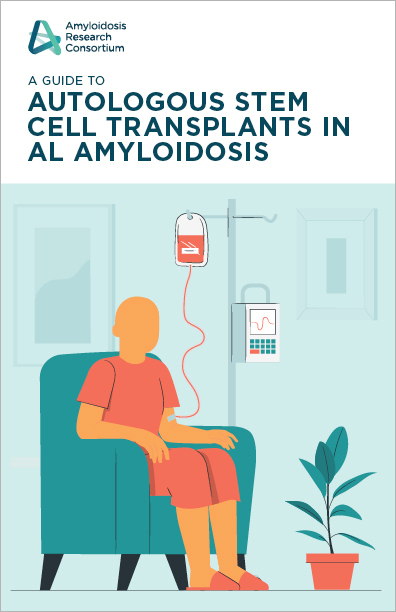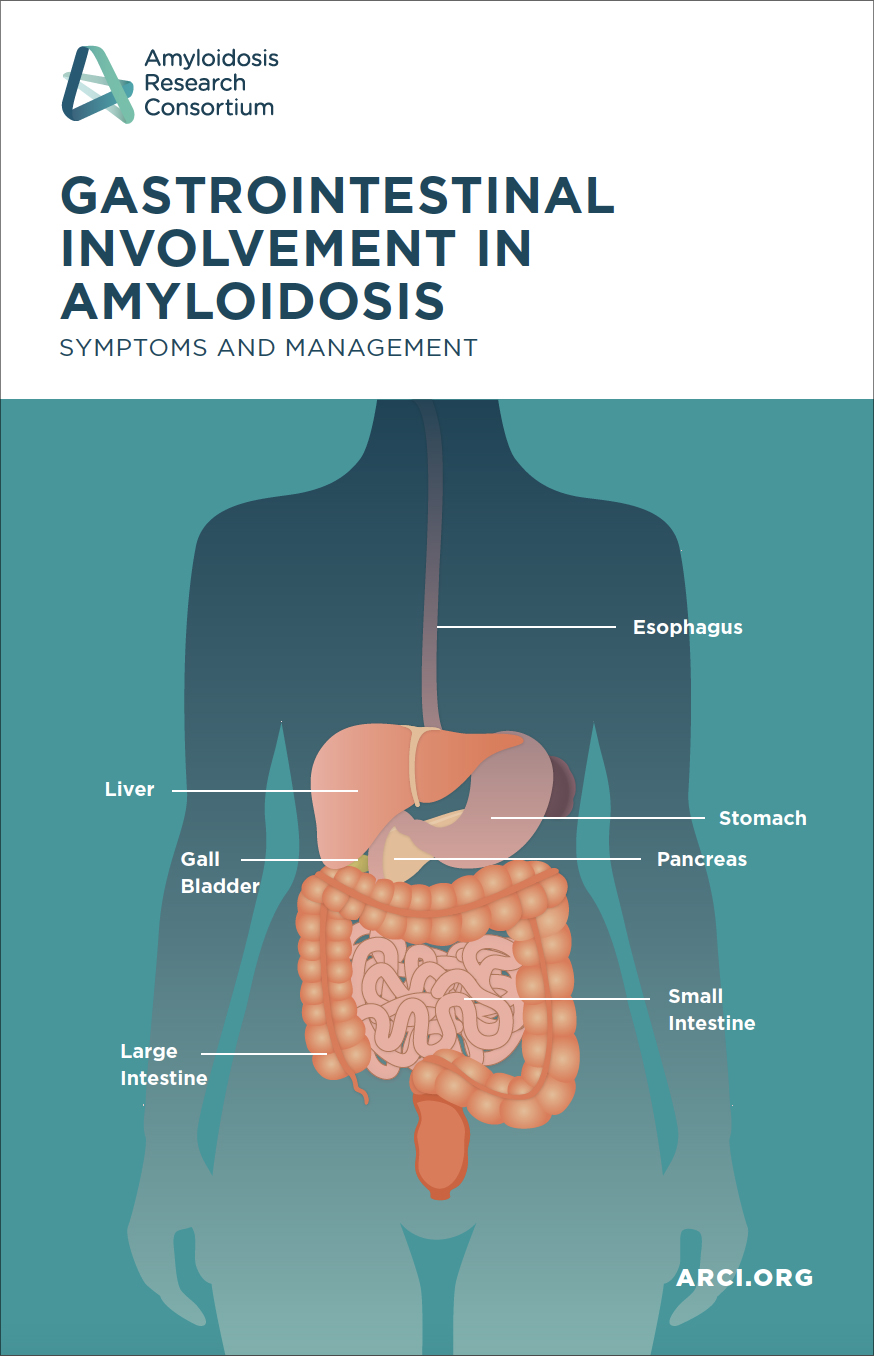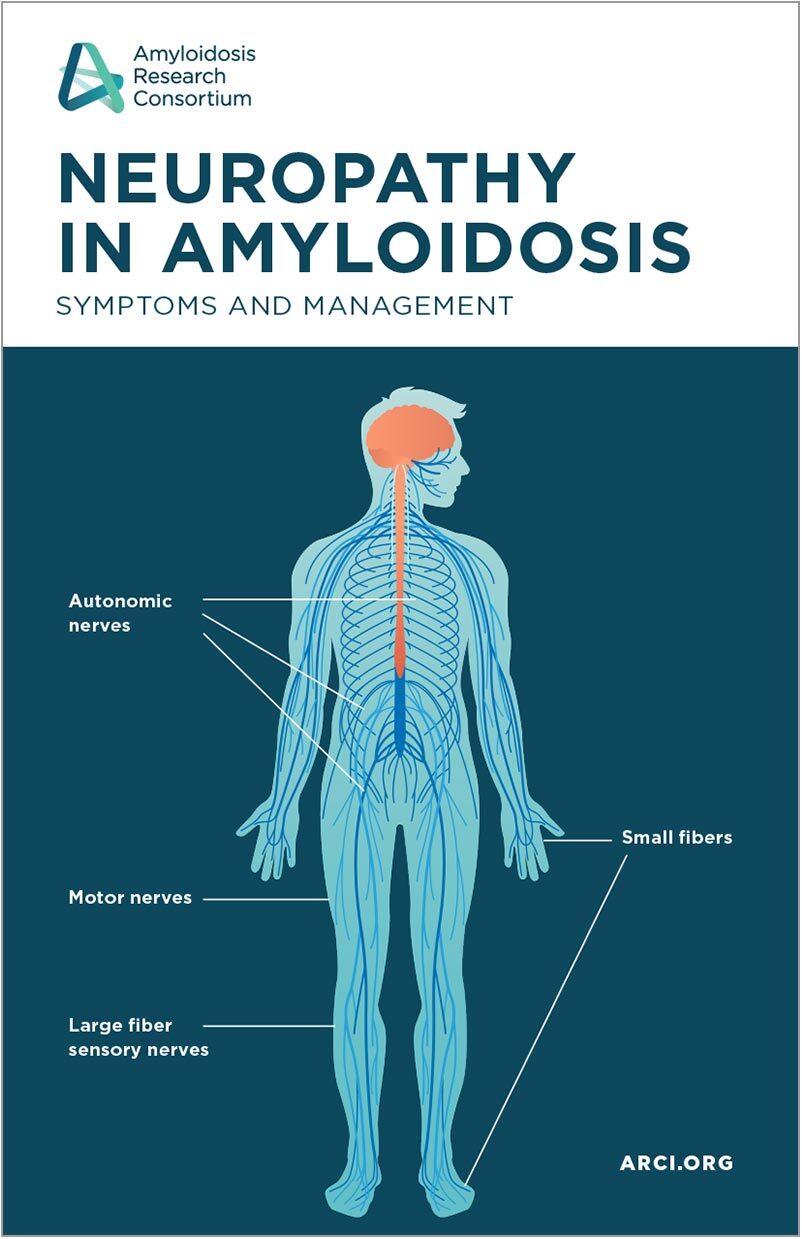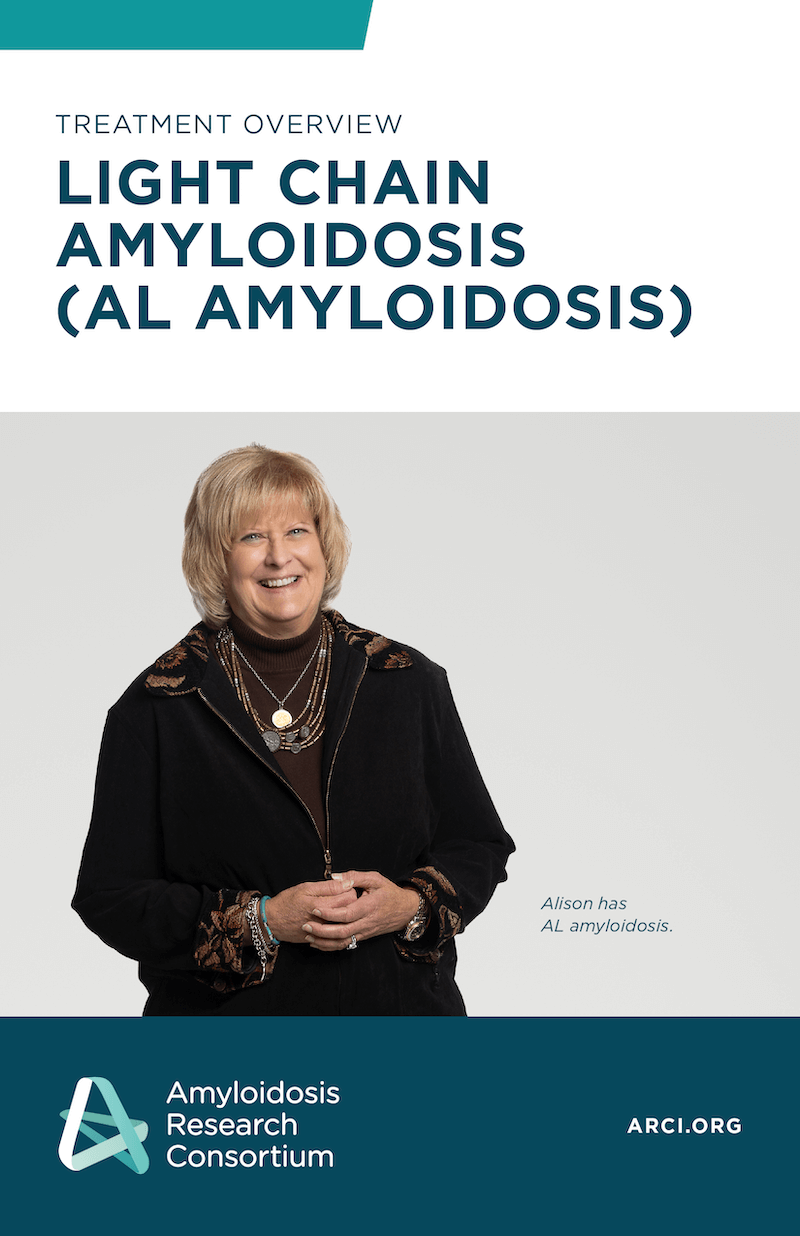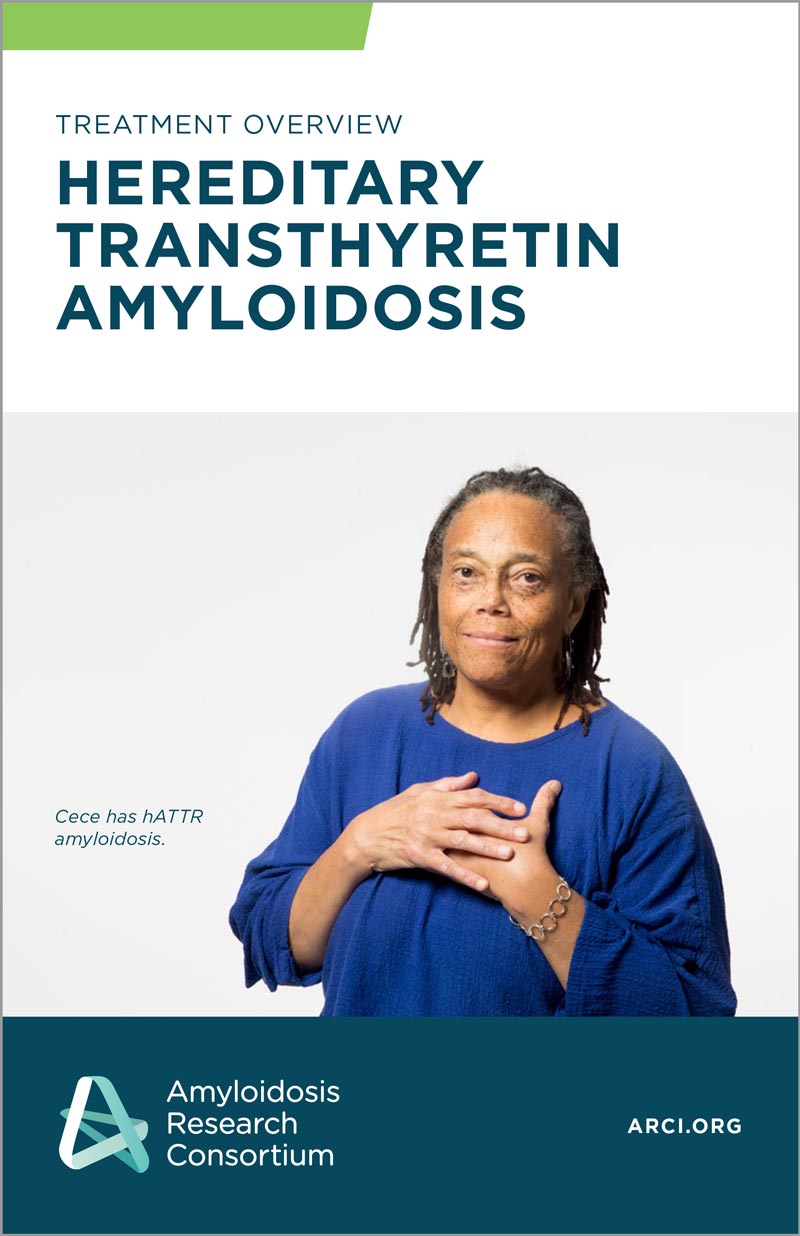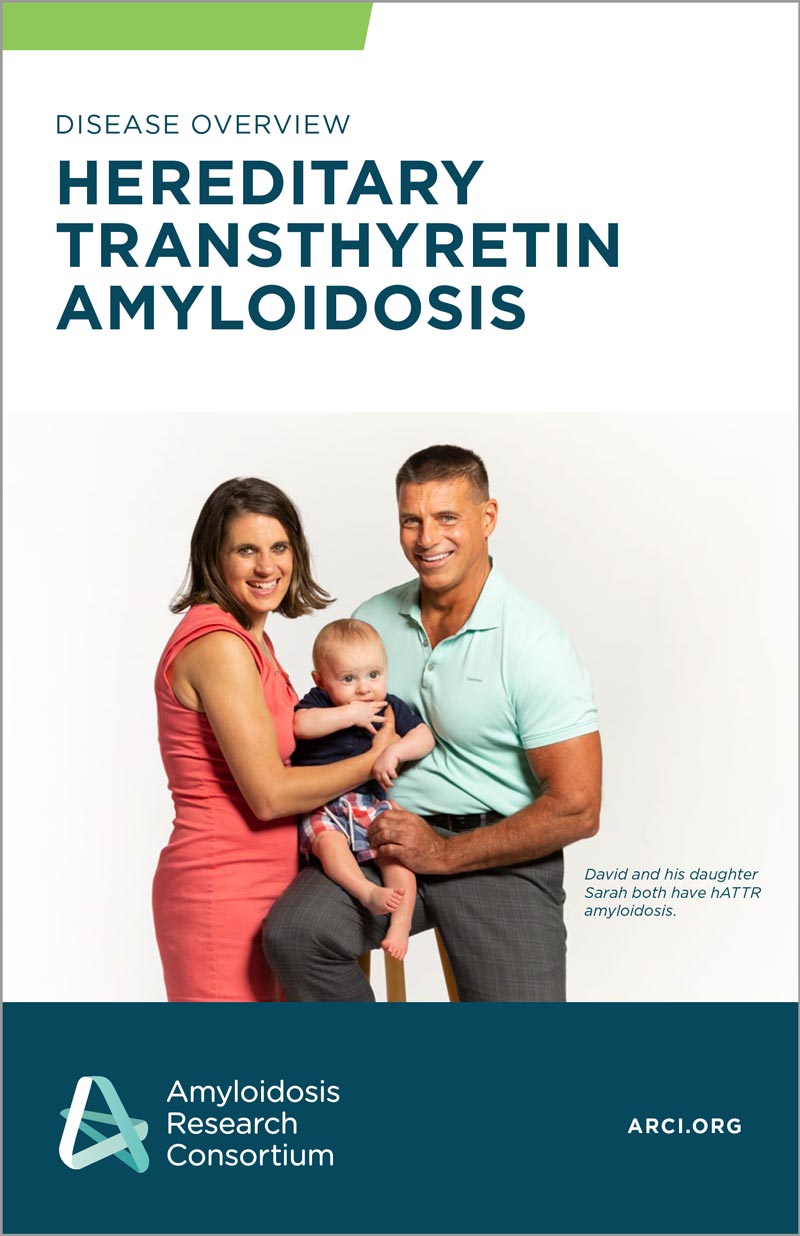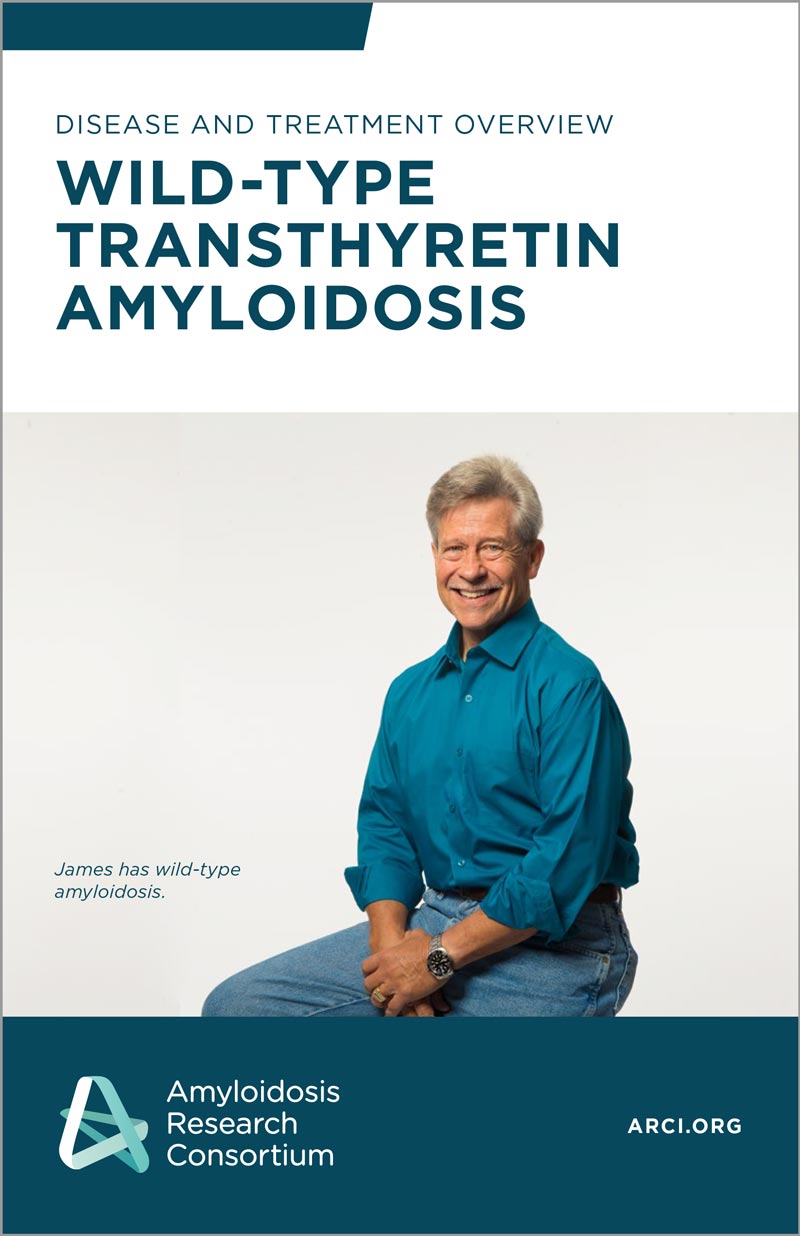Join our email list to stay up to date on the latest Amyloidosis news.
The Autologous stem cell transplant (ASCT) procedure has been used as a treatment option for AL patients for several years. Eligible patients undergo the process of stem cell collection, high-dose chemotherapy, and transplantation of the healthy stem cells back into the body. This process can be quite challenging for patients, as the body undergoes a complete immune system wipe out and regeneration. The purpose of this booklet is to provide insight into the process, including tips and recommendations for preparation.
This booklet discusses the various impacts, considerations, and possible side effects of Autologous Stem Cell Transplants in AL Amyloidosis with the aim of giving AL patients and caregivers a foundational understanding of this treatment option and how it may or may not impact their lives.
AL amyloidosis can cause a range of symptoms and have a diverse range of impacts on different individuals. We encourage you to contact your health care provider if you have specific questions about your diagnosis of amyloidosis and how ASCT might fit into your treatment plan. ARC is here to help you find treatment centers staffed with clinicians who specialize in the care of patients with AL amyloidosis if you’re looking for help.
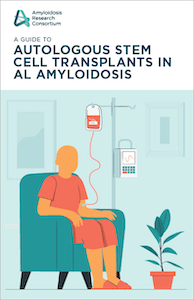
Download Now →
